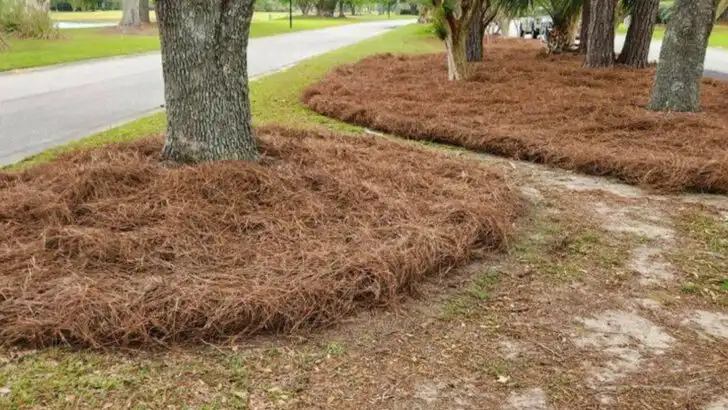Mulch seems simple, just spread it around, and your flower beds will look neat and stay healthy, right? Not always. Some types can actually do more harm than good, suffocating roots, inviting pests, or leaching chemicals into the soil. It’s the kind of detail that’s easy to overlook until your plants start struggling and you’re not sure why.
The good news is, once you know what to avoid, better options are easy to find. The right mulch doesn’t just help with moisture and weeds, it makes the whole bed look more polished and supports plant health without extra effort. This list breaks down the ones to skip and the ones worth using instead.
Rubber Mulch
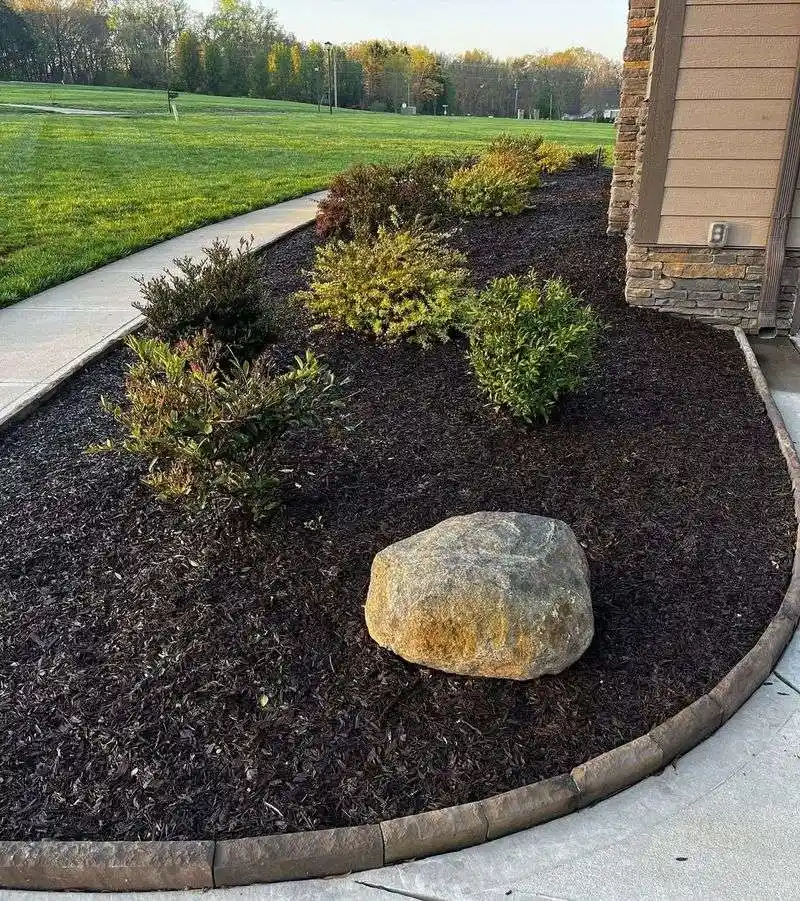
Rubber mulch, often made from recycled tires, seems eco-friendly but can be detrimental. It doesn’t decompose, depriving soil of nutrients. Its heat retention can also stress plants, especially in sunny areas.
Furthermore, its non-porous nature might hinder water absorption. Shockingly, chemicals from degraded rubber may leach into the soil, affecting plant health.
Consider its impact before use. Though visually appealing, its long-term effects might not justify the initial benefits. Opting for organic alternatives ensures a healthier flower bed.
Colored Wood Chips
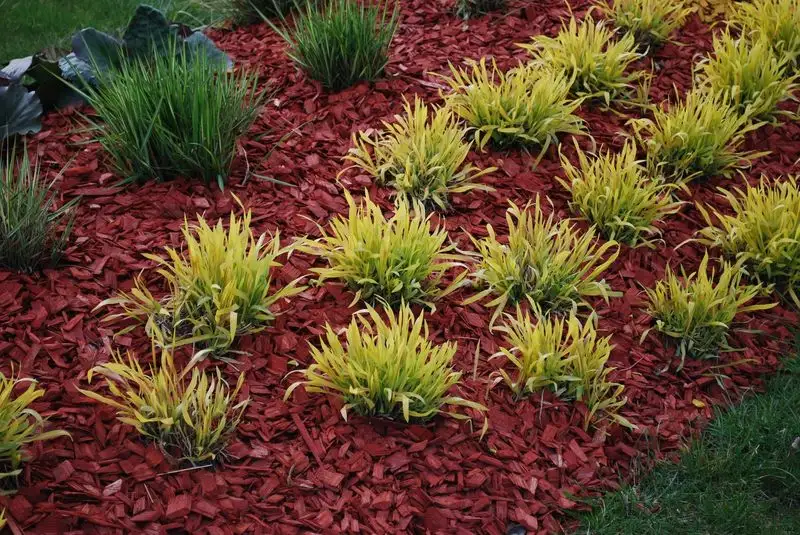
Colored wood chips, often dyed for aesthetics, can contain harmful chemicals. These dyes might leach into the soil, affecting plant roots.
Additionally, the chips can prevent adequate moisture penetration, leading to drier conditions. Over time, the dyes may fade, requiring frequent replacement to maintain appearance.
Natural wood chips offer a safer, sustainable option. Understanding the source and treatment of wood chips ensures a flourishing garden, free from chemical interference.
Cypress Mulch
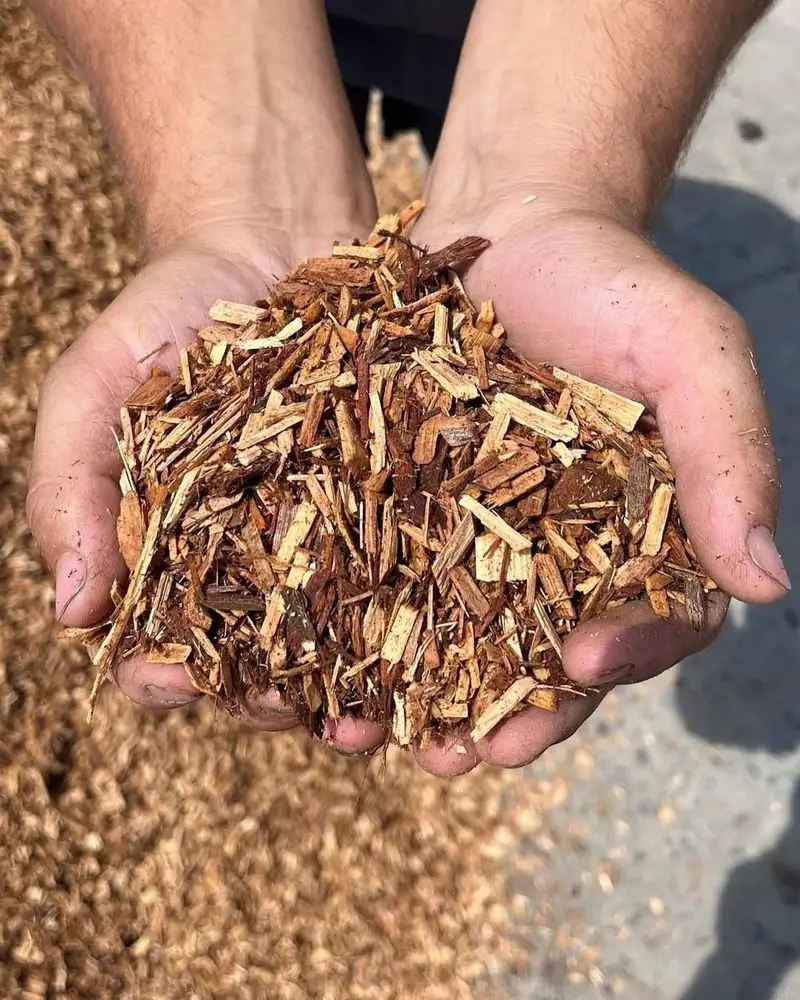
Cypress mulch is popular for its decay resistance, yet it poses ecological concerns. Harvesting cypress destroys wetlands, affecting local wildlife.
Beyond environmental issues, its decay resistance means fewer nutrients return to the soil. This can hinder plant growth over time.
Opting for sustainable alternatives like pine bark not only benefits your garden but also the environment. Choose wisely to support flourishing flora.
Plastic Sheeting
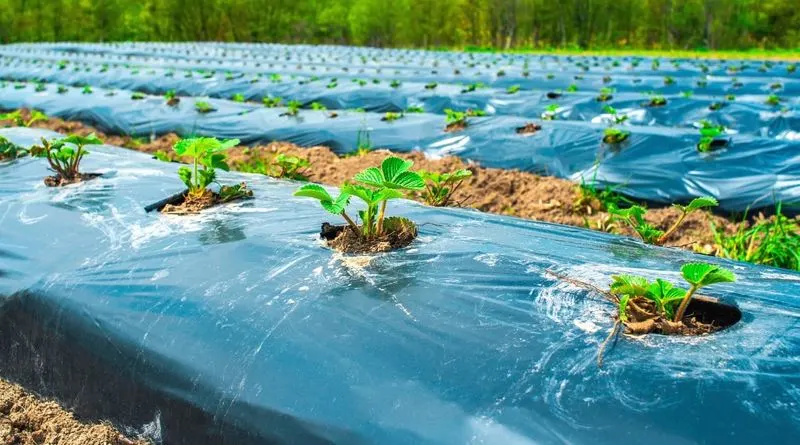
Plastic sheeting acts as a weed barrier but restricts water and air exchange. This can suffocate plant roots and lead to poor growth.
Heat buildup under the sheeting may also stress plants. Unlike organic mulches, it doesn’t enrich the soil, depriving plants of essential nutrients.
Consider permeable landscape fabric for weed control, allowing your garden to breathe while thriving.
Stone or Gravel
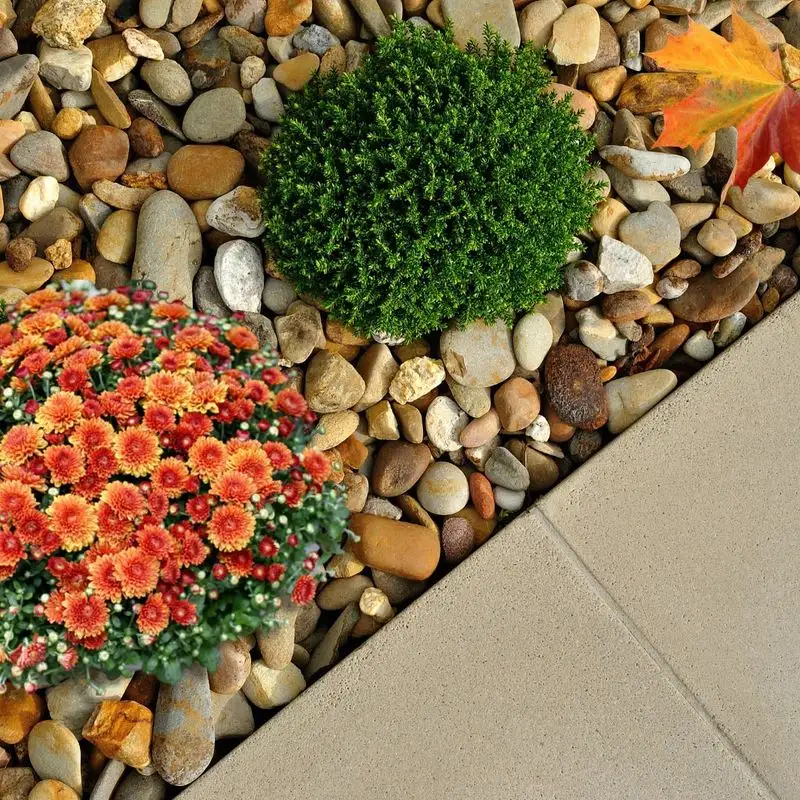
Stone or gravel mulch appears neat but lacks organic benefits. Its weight can compact soil, hindering root expansion.
Heat retention is a concern, especially in sunny areas, stressing plants. Stones can migrate, requiring frequent adjustment.
Opt for a mix of organic and inorganic mulches for aesthetic appeal without sacrificing plant health.
Pine Straw
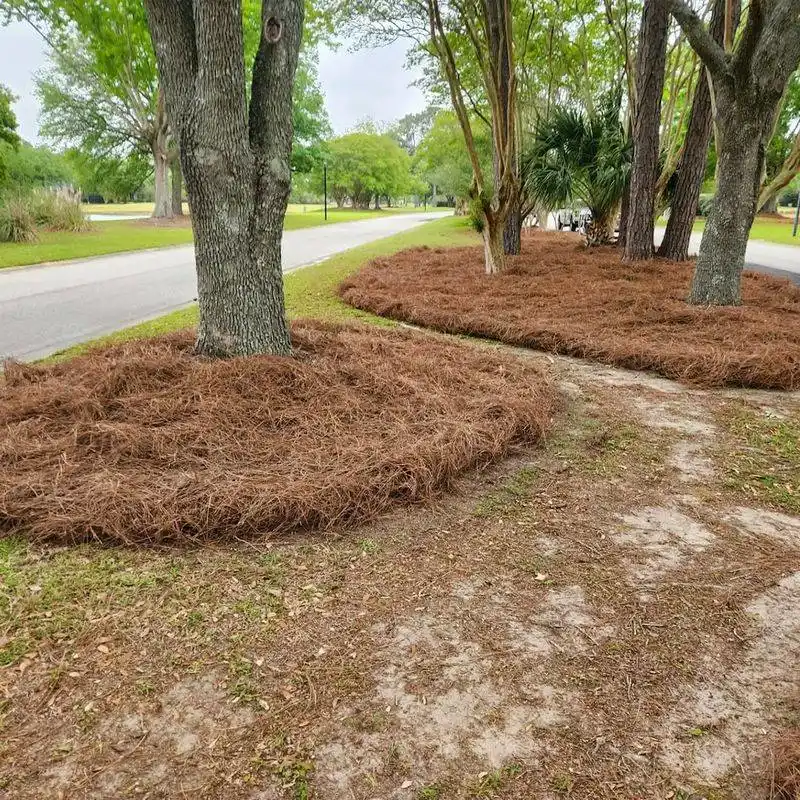
Pine straw mulch is affordable and visually appealing, but it acidifies soil as it decomposes. This can disrupt pH balance, affecting plant growth.
Its lightweight nature leads to displacement in windy conditions. The decomposition rate is slow, offering minimal nutrient return.
For acid-sensitive plants, consider alternatives like bark or leaf mulch to ensure optimal growth.
Sawdust
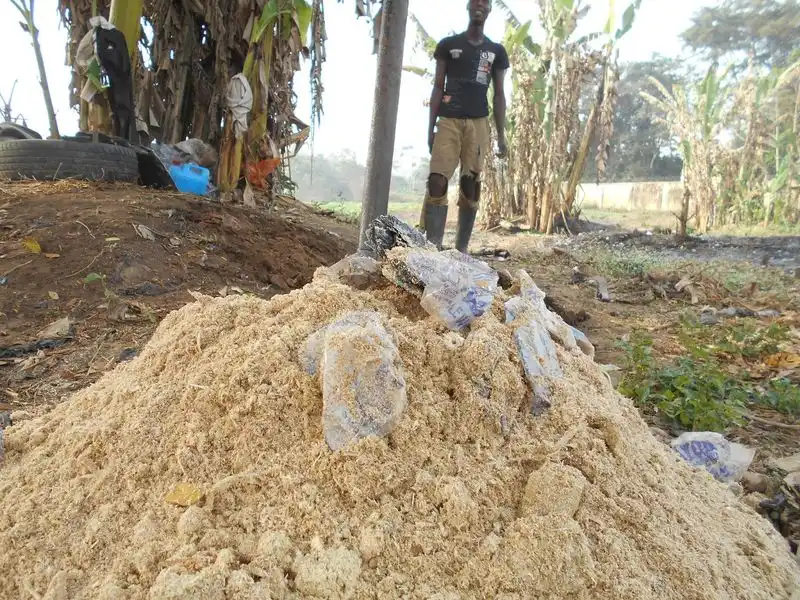
Sawdust mulch is readily available but can rob soil of nitrogen as it decomposes. This nutrient depletion impacts plant health.
Its fine texture may also compact, restricting root growth and water penetration.
Composting sawdust before application reduces nitrogen loss, providing a balanced mulch option for thriving gardens.
Coffee Grounds
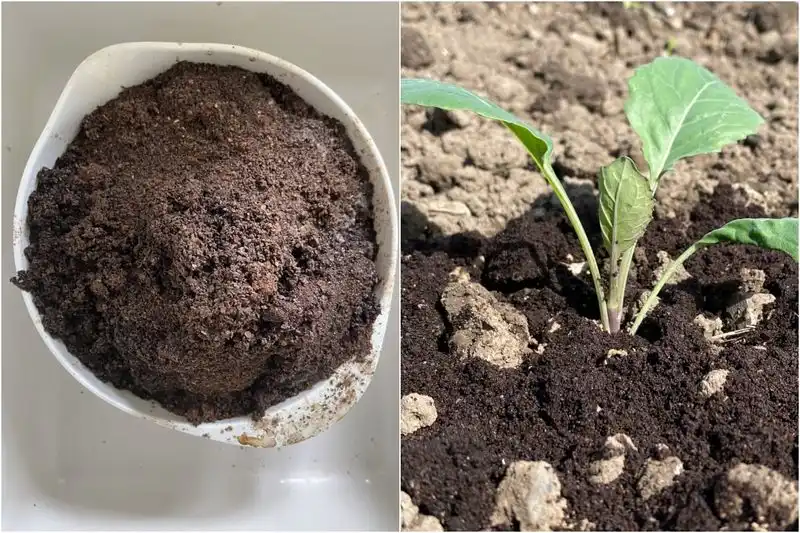
Coffee grounds offer organic matter but may alter soil pH. Their fine texture can compact, leading to drainage issues.
Excessive use might introduce too much nitrogen, overwhelming some plants. Mixing them with other organic materials balances nutrient levels.
Use sparingly and mix with compost to enhance your garden’s health.
Hay
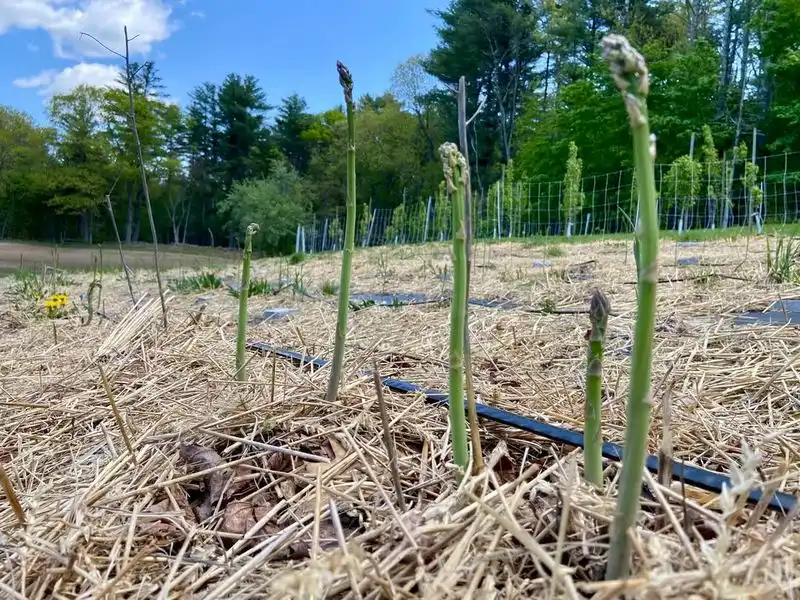
Hay mulch is often used for its affordability and availability. However, it can introduce weed seeds to your flower bed.
Its decomposition rate is rapid, requiring frequent replenishment. Nutrient content is minimal, offering little benefit to plants.
Opt for weed-free straw to ensure a clean, nourishing mulch layer.
Grass Clippings
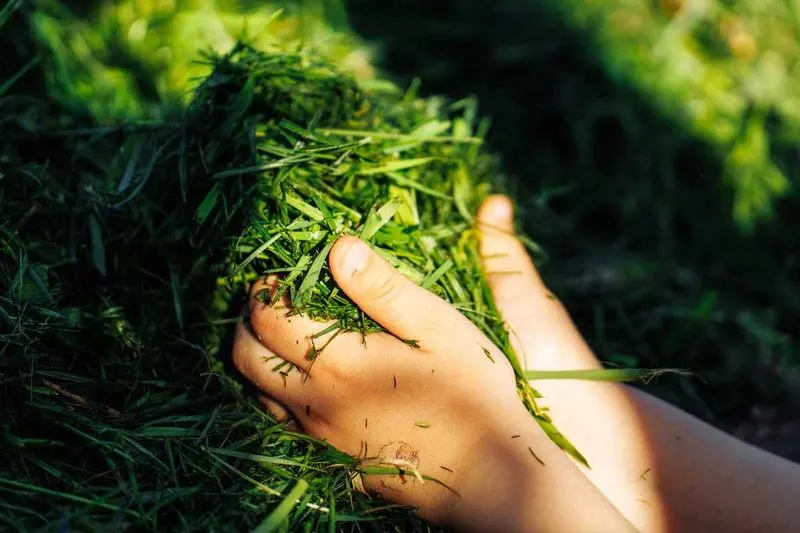
Fresh grass clippings can be detrimental due to their high water content. They compact easily, leading to poor air circulation.
As they decompose, they consume oxygen, potentially suffocating roots. Excessive nitrogen release might also harm sensitive plants.
Drying clippings before application offers a safer mulch solution.
Shredded Bark
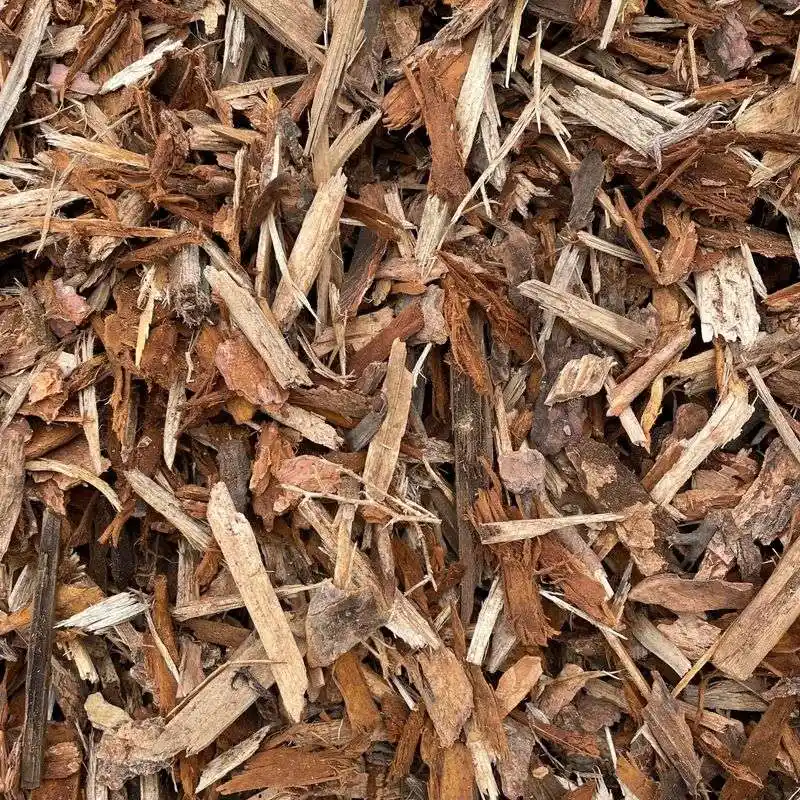
Shredded bark mulch is a classic choice for gardeners seeking both aesthetics and practicality. Its coarse texture allows for excellent water penetration and air flow around plant roots.
Unlike finer mulches, shredded bark takes longer to decompose, providing a sustained nutrient source for plants. This mulch also excels at weed suppression, creating an environment where flowers can truly thrive.
Selectively sourced, shredded bark is an environmentally friendly option for enhancing soil health and garden beauty.
Leaf Mold
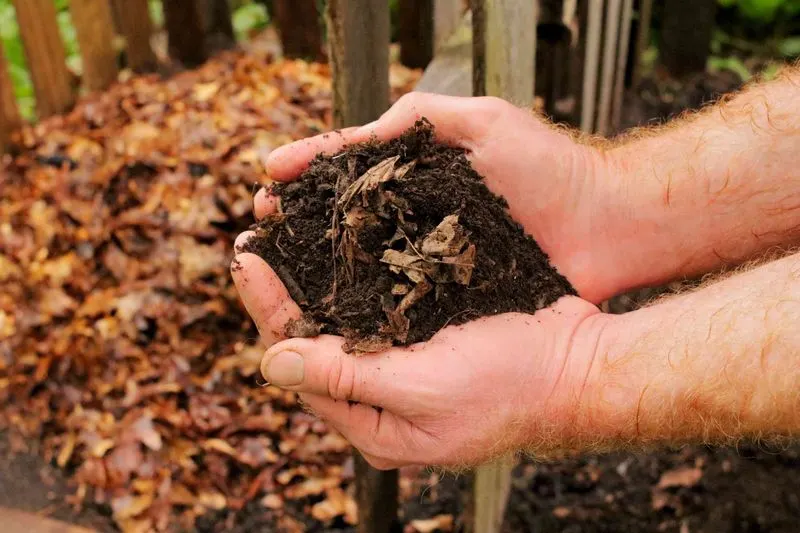
Leaf mold may seem humble, yet it transforms gardens into lush paradises. Derived from decomposed leaves, it enriches soil with organic matter, enhancing moisture retention.
Its spongy texture fosters a hospitable environment for beneficial microorganisms, promoting healthier plant growth. Leaf mold’s earthy aroma adds to the sensory garden experience.
As a mulch, it offers both nourishment and warmth, nurturing blooms to full potential. This natural mulch option is perfect for eco-conscious gardeners.
Cocoa Hulls
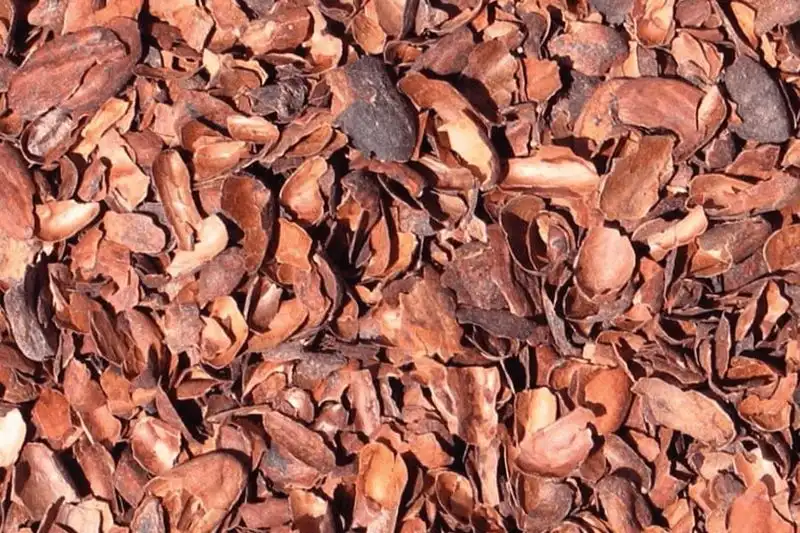
Cocoa hulls, with their sweet scent, provide a unique mulching experience. They break down, releasing nutrients back into the soil, enhancing its fertility.
The hulls’ fine texture allows for good water penetration while suppressing weed growth. However, caution is needed around pets, as they can be toxic if ingested.
For gardeners seeking both functionality and fragrance, cocoa hulls are an aromatic delight.
Compost
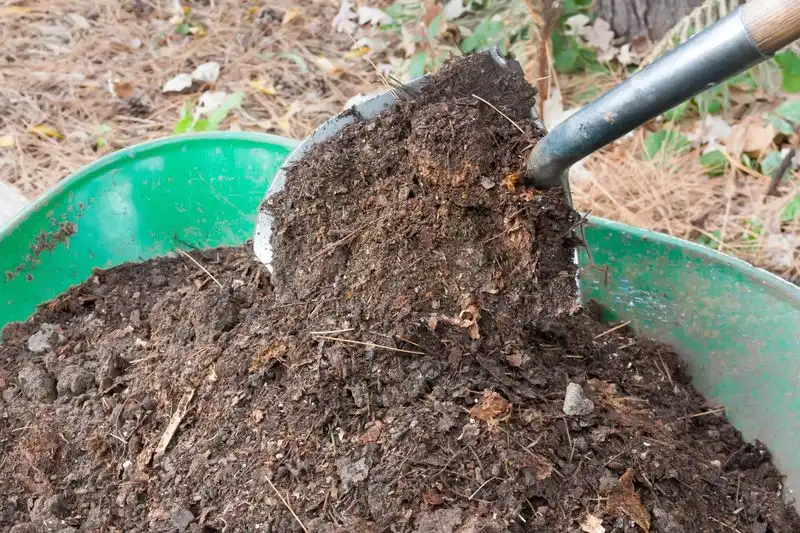
Compost is the gardener’s gold, transforming ordinary soil into a nutrient-rich haven. Its balanced nutrient profile supports robust plant growth, enhancing both blooms and foliage.
The decomposition process fosters beneficial microbial activity, improving soil structure and drainage. Compost also acts as a natural weed suppressant.
For a flourishing flower bed, compost provides a sustainable, eco-friendly solution that enriches every aspect of the garden.
Peat Moss
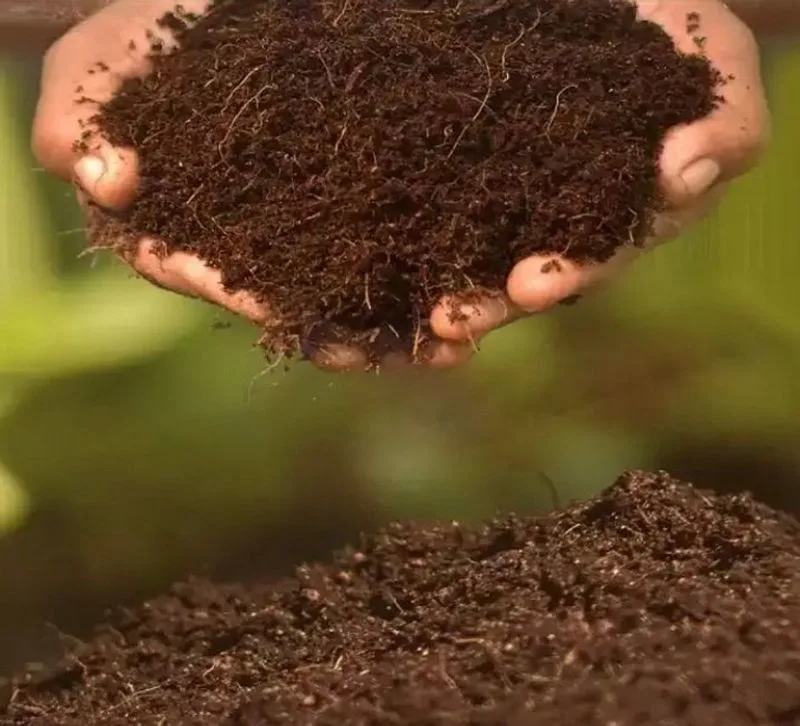
Peat moss, though controversial, offers unique horticultural benefits. Its ability to retain moisture is unmatched, keeping plants hydrated during dry spells.
Light and airy, peat moss improves soil aeration, fostering root development. Its slightly acidic nature benefits acid-loving plants.
However, due to environmental concerns, use it sparingly and consider sustainable alternatives.
Straw Mulch
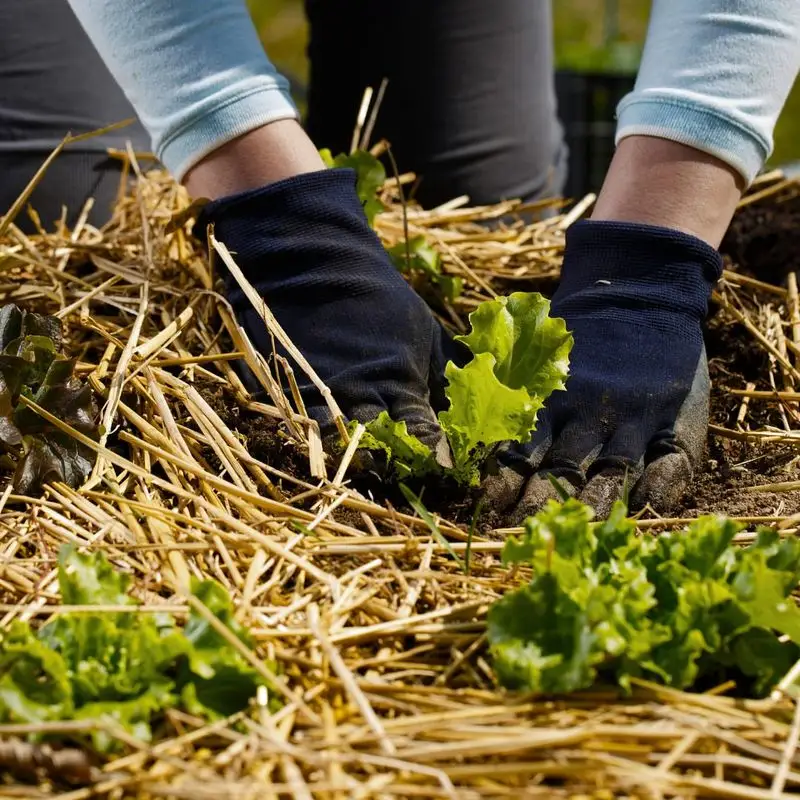
Straw mulch offers an idyllic, rustic appeal for gardens. Its light texture allows air and water to reach plant roots, supporting healthy growth.
Straw is excellent for weed suppression, creating a neat, tidy appearance. As it decomposes, it adds organic matter to the soil, enriching its nutrient content.
Sourced from sustainable farms, straw mulch balances form and function beautifully.
Wood Chips
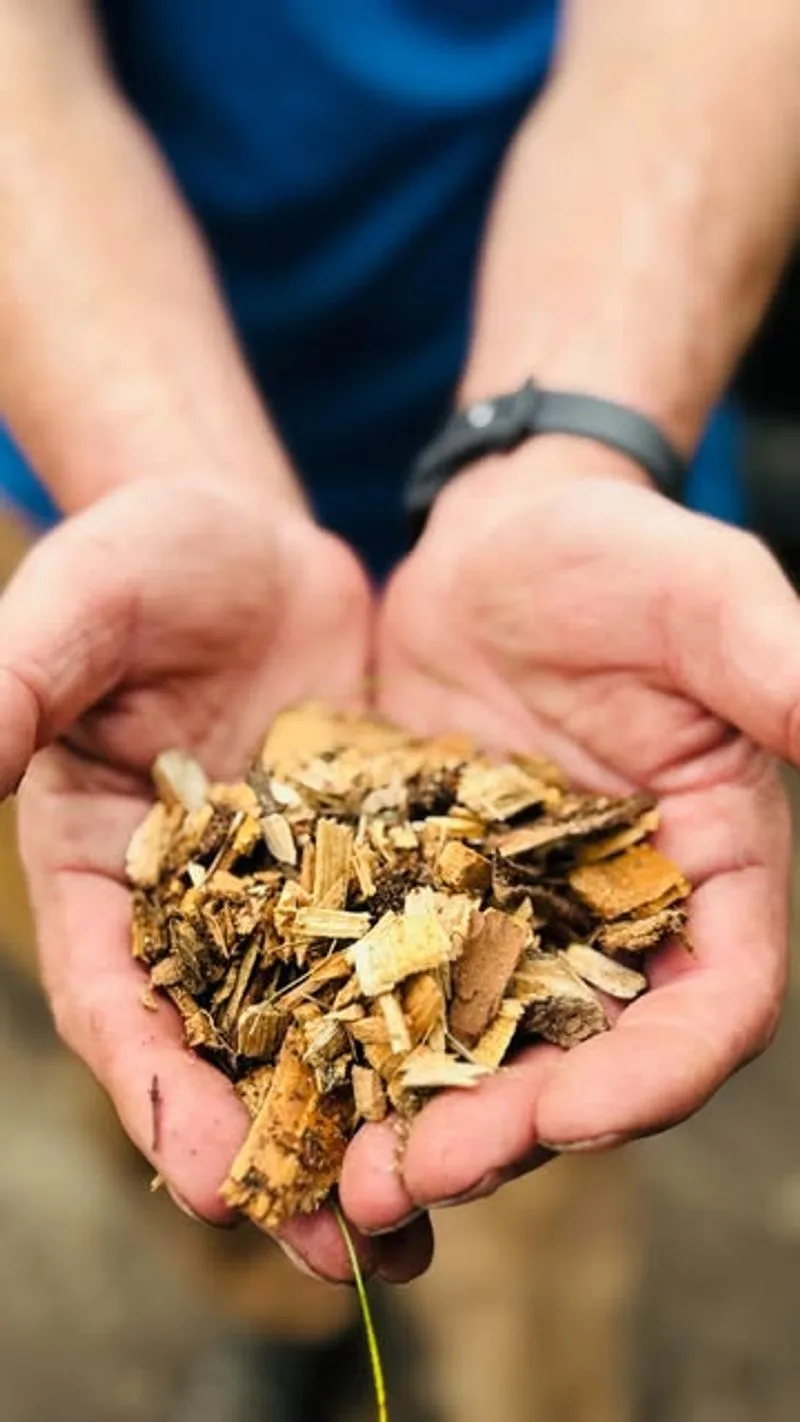
Natural wood chips make an excellent mulch choice, offering both aesthetic appeal and practical benefits. They decompose gradually, releasing nutrients into the soil over time.
Their structure allows for good water retention and air flow, essential for healthy root systems. Wood chips also excel at weed suppression, reducing garden upkeep.
Choose untreated, chemical-free wood chips to maintain an eco-friendly, thriving garden environment.
Buckwheat Hulls
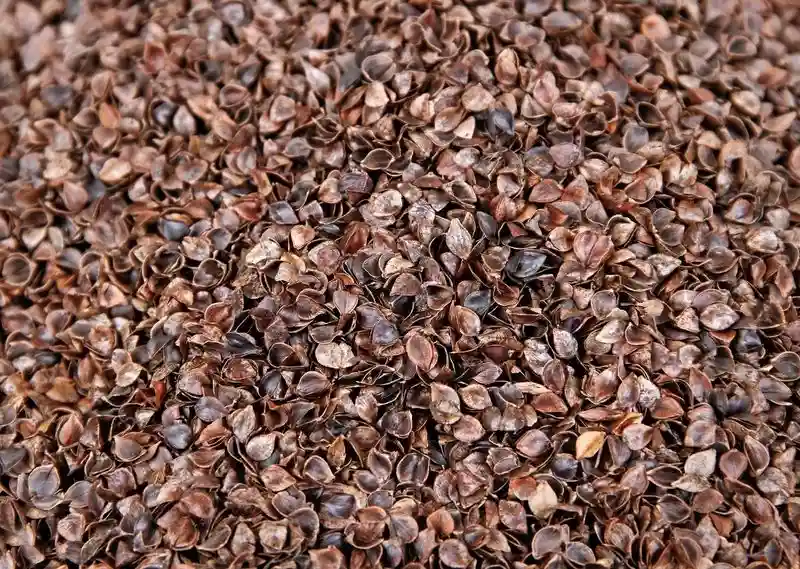
Buckwheat hulls bring a touch of elegance to mulching. They provide excellent moisture retention and air circulation, crucial for root health.
Lightweight and easy to spread, they decompose slowly, offering lasting benefits. Their unique texture deters slugs and snails, protecting delicate blooms.
For gardeners seeking a refined mulch, buckwheat hulls combine beauty with practicality.

